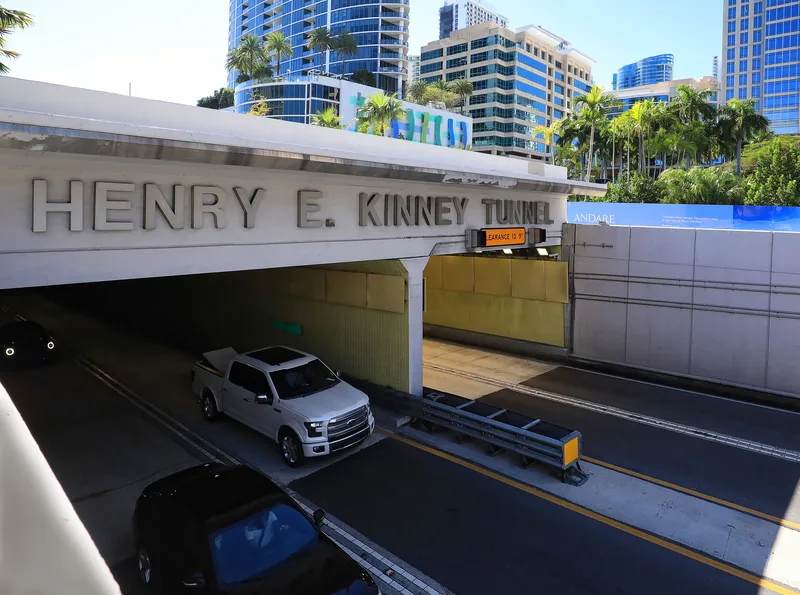Work is now underway on installing the latest electronic freeway management technology along Melbourne’s West Gate Freeway in Victoria, Australia, with the entire project to be completed by the middle of next year. Installation of the freeway management system along more of Melbourne’s road network will be fully integrated with the one already in use on the M1 east of Williamstown Road as well as that proposed for the M80 Ring Road, according to Victorian Roads (VicRoads) minister Terry Mulder. “Indeed, ou
June 18, 2013
Read time: 2 mins
Work is now underway on installing the latest electronic freeway management technology along Melbourne’s West Gate Freeway in Victoria, Australia, with the entire project to be completed by the middle of next year.
Installation of the freeway management system along more of Melbourne’s road network will be fully integrated with the one already in use on the M1 east of Williamstown Road as well as that proposed for the M80 Ring Road, according to Victorian Roads (4728 VicRoads) minister Terry Mulder. “Indeed, our ultimate aim is to deliver safer, faster and less congested driving conditions along all of the City’s major routes, he said.
The project includes new signs to inform drivers which lanes they should use and alert them to temporary speed limit changes, as well as closed circuit television and upgrading of the supporting communication networks and central control systems.
Federal Infrastructure and Transport Minister Anthony Albanese said once operational, the technology will give VicRoads the tools they need to better manage traffic flows and respond quickly to accidents and breakdowns.
“For the 180,000 motorists and truck drivers who use this vital part of the City’s road network every day, the retrofitting of this technology will mean faster, safer and less frustrating driving conditions,” Mr Albanese said.
“Indeed if applied nationwide, electronic freeway management systems have the potential to greatly reduce congestion and save Australian families and businesses more than US$474 million a year.”
Installation of the freeway management system along more of Melbourne’s road network will be fully integrated with the one already in use on the M1 east of Williamstown Road as well as that proposed for the M80 Ring Road, according to Victorian Roads (
The project includes new signs to inform drivers which lanes they should use and alert them to temporary speed limit changes, as well as closed circuit television and upgrading of the supporting communication networks and central control systems.
Federal Infrastructure and Transport Minister Anthony Albanese said once operational, the technology will give VicRoads the tools they need to better manage traffic flows and respond quickly to accidents and breakdowns.
“For the 180,000 motorists and truck drivers who use this vital part of the City’s road network every day, the retrofitting of this technology will mean faster, safer and less frustrating driving conditions,” Mr Albanese said.
“Indeed if applied nationwide, electronic freeway management systems have the potential to greatly reduce congestion and save Australian families and businesses more than US$474 million a year.”









